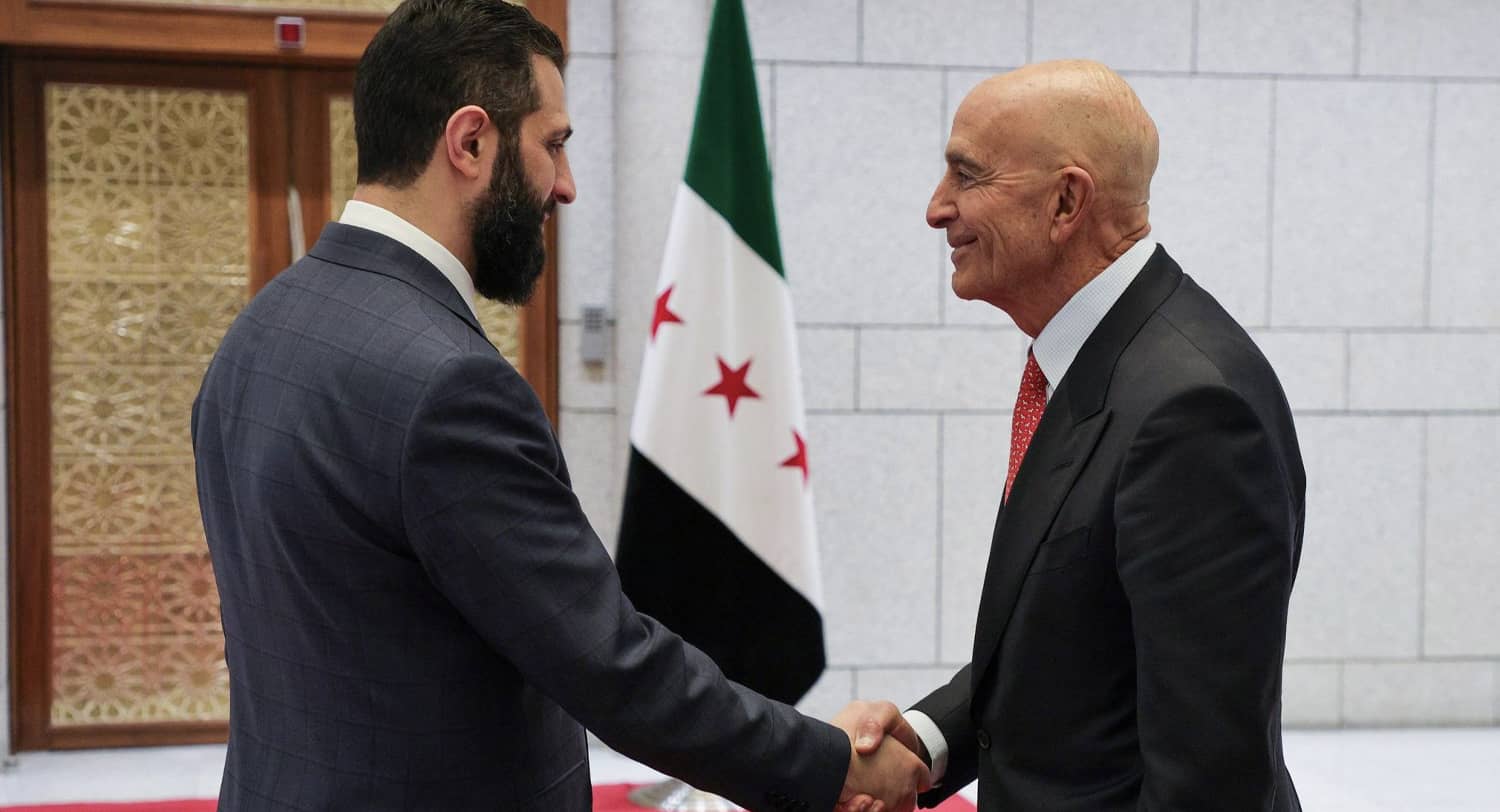Optimism about Syria abounds. The regime, despite its Islamist orientation, has adopted a generally moderate and pragmatic approach (though there are legitimate concerns about its security forces’ actions in the predominantly Druze area of al-Suwayda). Israel’s decimation of Hizbullah and weakening of Iran – the former Asad regime’s primary pillars of support – created this opening for a new Syria.
The Trump administration has initiated talks with Syria, lifted sanctions, and plans to reopen the US embassy in Damascus. Even more remarkably, Israel and Syria are engaged in non-public talks, possibly about a mutual nonaggression agreement, and down the line, potentially even a peace agreement.
Nevertheless, Syria remains deeply fractured and dangerously unstable. Iran and Hizbullah will undoubtedly try to renew their stranglehold over Syria. Such attempts are already underway.
The US can help facilitate a pathway toward a more secure, sovereign and moderate Syria.To this end, the US should establish a multinational mechanism designed to support Syrian stabilization and reconstruction. A steering committee should include, among others, the leading Arab states, the E3 (UK, France and Germany), Turkey, and the UN together with Syria’s new government.
Principles of this group should include the following: preserving Syrian sovereignty and national unity; preventing a restoration of Iran’s, Russia’s and Hizbullah’s military presence and political influence; ensuring that Syria no longer serves as a base for terrorism; resettling refugees and internally displaced persons in Syria; promoting economic recovery; and supporting a gradual transition to democracy at a pace that accords with Syria’s capabilities.
Syria and the US should have veto power in the steering committee. Some may balk at granting Damascus a veto, but if Syria is to be a sovereign state, the mechanism must be rooted in local legitimacy.
Dedicated subcommittees would handle key areas such as political reform, domestic and external security, refugee resettlement, and economic reconstruction. After years of isolation, a devastating civil war, horrific oppression, external hostilities, and foreign meddling, the proposed mechanism would provide Syria with a real chance at success. The regime may understandably be reluctant to accept outside oversight, but the benefits clearly outweigh this concern.
The proposed mechanism would reduce the risk of conflict between Turkey and Israel in Syria and provide a supporting structure for Syrian-Israeli talks. It would also help consolidate recent US progress in regional realignment. Securing buy-in from Arab states would help the US reinforce the de facto coalition of moderate forces it has established and strengthen the US-led security architecture in the region.
The mechanism is consistent with current US efforts to promote reform and stability in Syria, led by Ambassador Thomas Barrack, President Trump’s special envoy to Damascus. It would not require further lifting of the remaining US or international sanctions on Syria, but it would provide an effective means of contributing to the reform efforts, and lock the Syrian regime into the strictures of a US-led multilateral forum.
By spearheading the international mechanism, the US would further reaffirm its regional dominance, while countering China’s ability to expand the Belt and Road initiative to Syria and blunting Russia’s efforts to restore its political and economic influence there. In this case, engagement in the Middle East would serve to strengthen the US in the great power competition with China and Russia, rather than distracting from it.
For Israel, the collapse of the Asad regime has opened a window to reimagine relations with its northern neighbor. A more stable Syria, not beholden to Tehran or Ankara, reduces the dangers of war and allows Israel to redirect its defense posture. Nevertheless, direct Israeli participation in the mechanism might undercut its credibility with key Arab states, meaning that Israel should instead work quietly with Washington to ensure that its concerns are addressed.
Arab states, including Saudi Arabia, the UAE, Egypt and Jordan, all have a keen interest in stabilizing Syria, participating in its economic and political reconstruction and keeping a weakened Iran contained. Jordan, Lebanon, and Turkey would benefit from a framework to repatriate Syrian refugees and reduce border tensions.
In 2018, Turkey took control of an enclave in Syria centered on the border town of Afrin, driven mainly by its opposition to Kurdish autonomy and its own regional ambitions. Ankara may resist a multilateral mechanism that curbs its freedom of action in Syria. But Turkey’s participation in such a US-led effort would lend it an important voice in the resolution of the Syrian Kurdish issue. The mechanism should not, however, be dependent on Turkish participation and support.
Some participants may seek to expand the mechanism’s purview to broader regional issues, such as the final status of the Golan Heights, a surefire way of ensuring that it never gets off the ground. Therefore, if the mechanism is to succeed, it must remain narrowly focused on internal issues inside Syria – a more than sufficient challenge.
In the absence of this stabilization effort, Syria may once again descend into a battleground for proxy conflict and competing regional powers, potentially forcing the US to engage even more heavily. A diplomatic effort now can prevent that outcome. Only the US has the credibility and capability to lead.
The Syrian regime is seeking international engagement. Arab states are prepared to invest politically and economically. Israel would support a US-led effort. What is needed now is American leadership.

